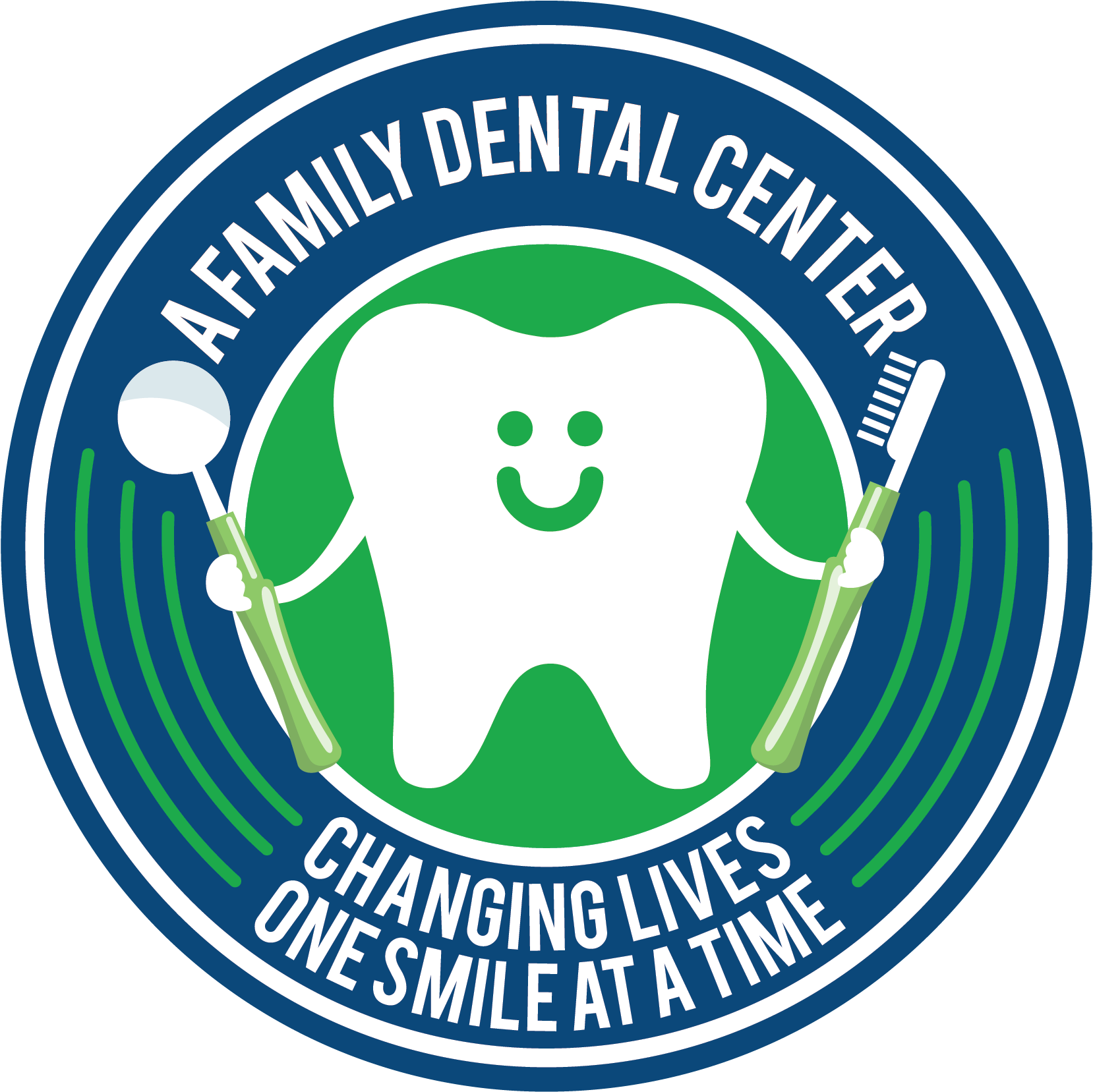
Few reasons for an emergency tooth extraction
You may have visited a dentist, and they recommended tooth extraction as a treatment option for your damaged tooth. What exactly is tooth extraction? It is a procedure by a dentist or oral surgeon whereby your damaged tooth is pulled out.
Some reasons would warrant an emergency tooth extraction. A tooth has to be extracted if the damage is beyond repair.
If you have a loose tooth that is severely damaged, you need to visit the dental clinic in Kennewick to determine if you are the perfect candidate for tooth extraction.
A dentist will examine the extent of damage to the teeth and see if you are the perfect candidate for tooth extraction or if you may benefit from other procedures. If the damage is not much, you can benefit from other alternatives such as tooth filling, root canal, or dental implants.
Why would you need a tooth extraction?
Your permanent teeth were meant to last a lifetime, although there are some reasons why you would need to have them extracted.
Some of these reasons include a dental infection from prolonged gum inflation. If left untreated, the damage to the teeth may be beyond repair such that the only option is tooth extraction.
Another reason will be if you have crowded teeth. If you suffer from misalignment due to a lot of teeth on your jaw, the Kennewick dentist may recommend tooth extraction to create space for other teeth to grow.
If you suffer from tooth damage caused by decay, the extent of the damage may be too great for other dental procedures other than a tooth extraction. This is necessary to prevent decay from infecting adjacent teeth.
In addition to that, if you have abnormal teeth growth, where some teeth have failed to erupt from the gums, a dentist may recommend tooth extraction as the procedure for you. This is because the affected teeth are more prone to gum inflation and infection.
When you fall and hurt yout teeth during an injury, the impact can cause your teeth to fracture, leading to toothache and sensitivity. If you have suffered an injury under the gum, then your dentist may pick tooth extraction as the right treatment option for you.
When is tooth extraction an emergency?
A lot of the time, people do not see dental procedures as emergencies. However, there are instances whereby you will need to visit an emergency dentist in Kennewick to fix your dental issue.
Such instances include if you have suffered an injury and have pain in your tooth. This is essential to ensure that the injury does not progress to something bigger.
If repair is not possible, your dentist will recommend an emergency tooth extraction. Sometimes, the injury will have caused you to have a broken tooth under the gum line. This will call for an urgent visit to a dentist who will perform a tooth extraction in Kennewick.
You may feel like a broken tooth is not an emergency; however, it is vital to call a dentist to set up an appointment for an exam and further evaluation. If left untreated, problems such as decay and infection may stem from it.
Have you experienced persistent toothache that has made your life less fun? Do not hesitate to visit Family Dental Care Centre, and we will relieve the pain, treat the issue and bring back your smile.
Tooth extraction aftercare
The recovery time from tooth extraction is largely dependent on the complexity of your case. For most people, that is usually in a couple of days.
The jawbone, however, will take several weeks to heal completely. This recovery time is essential before any other dental procedures can be carried out.
There are some instructions and guidelines to ensure that the recovery is quick and that complications do not occur afterward. You will go over this list with your Kennewick dentist to ensure that you understand what is expected of you.
These instructions include making food restrictions for a few days.You should avoid hard and crunchy foods for at least some days.
It is also very important to take all the prescribed medicine as directed. These may include pain relievers and antibiotics.
You should keep the extraction site clean. This is done using an antimicrobial mouthwash two to three times a day.
